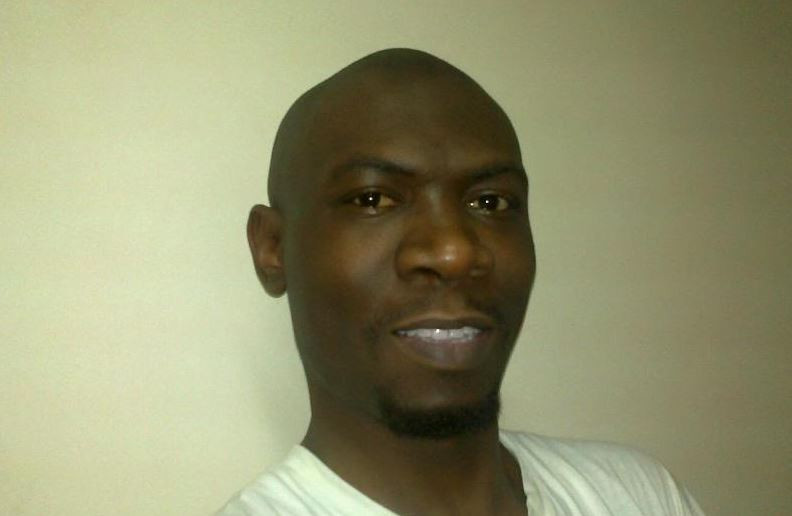

Steve Abdukareem Munyakho, a Kenyan national who had been on death row in Saudi Arabia, has officially been released.
Foreign Affairs Principal Secretary Korir Sing’oei confirmed the release, saying he was set free at 10 am on Tuesday, following the satisfaction of a judicial decree.
“Our Mission in Riyadh has confirmed that Steve performed his Umra (minor pilgrimage) upon release,” Sing’oei said in a statement.
“We shall provide further details regarding his arrival in the country. I commend all who have offered their support towards securing this outcome.”
Munyakho had spent more than a decade in Saudi custody after being convicted over a fatal altercation with a colleague in 2011.
Initially charged with manslaughter, his sentence was later upgraded to murder, carrying the death penalty under Shariah law.
Earlier this year, the Muslim World League, with the support of the government and religious leaders, facilitated the payment of $1 million (approximately Sh130 million) as diya (blood money) to the victim’s family.
The payment led to the commutation of his sentence and eventual release.
Munyakho’s mother, Dorothy Kweyu, a veteran journalist, has over the years fought tirelessly, appealing to the government, human rights organisations, and well-wishers to raise the diyah.
After she personally visited their offices, Supkem began engaging key partners in Saudi Arabia. Supkem Chairman Hassan Ole Naado said Munyakho’s case was given special consideration, given that there was no premeditated intent to kill.
“It was observed that Steve never intended to kill the victim given that he and the victim were, in fact, good friends save for the very unfortunate fight that led to the victim’s death,” Ole Naado said.
Under Islamic law, diyah compensates a victim or their family. It can be paid for a variety of crimes from murder to injury and damage to property.
Diya can lead to a reduction in sentence and in certain circumstances a pardon.
It is currently applied in about 20 countries in the Middle East and Africa, including Sudan and northern Nigeria.
The Quran supports the paying of blood money - and this was further clarified by the Prophet Muhammad, who explained in his teachings that the price for murder or manslaughter should be 100 camels.
Modern interpretations mean this amount differs in different countries as diyah is now usually paid in cash.












